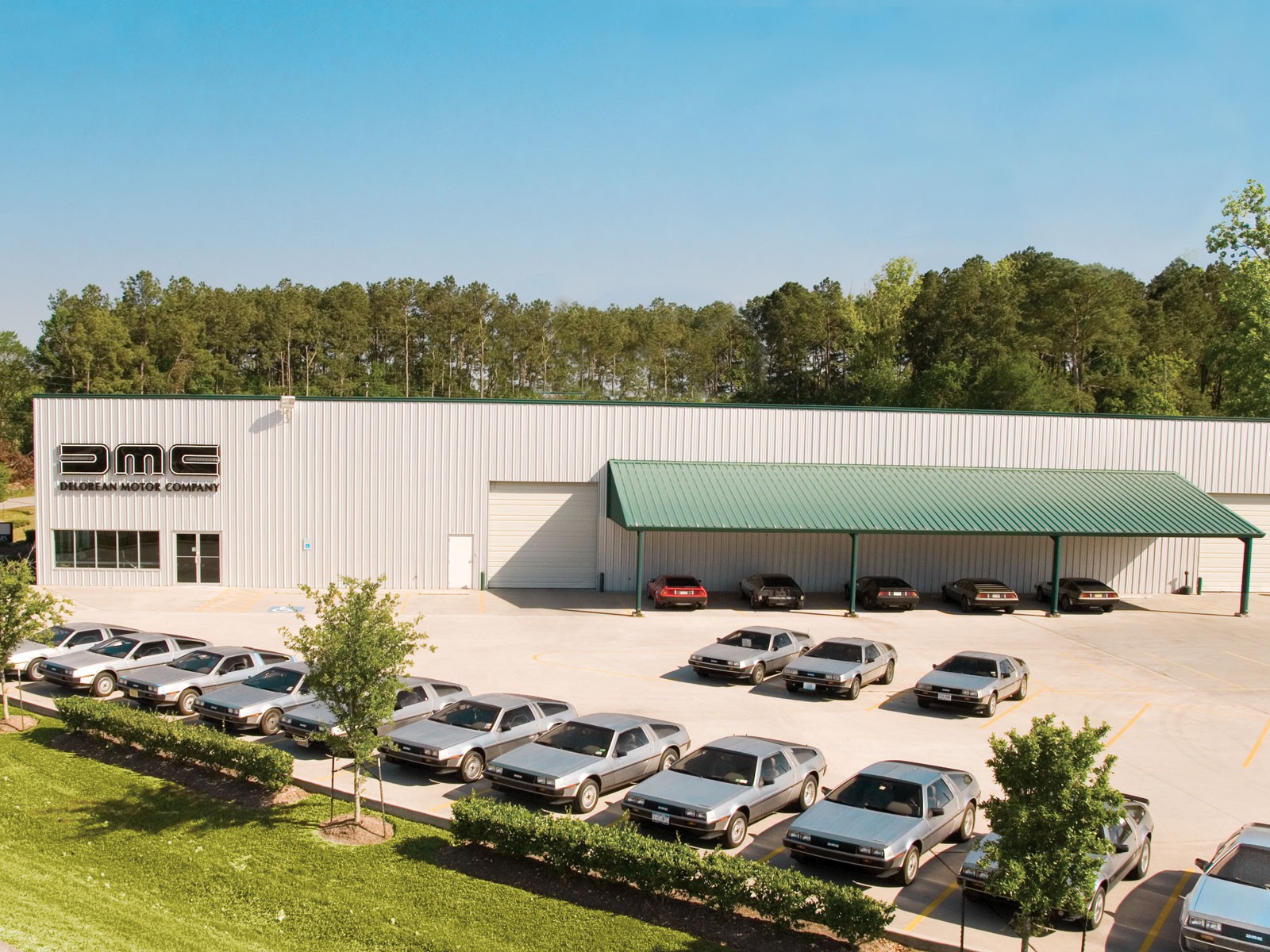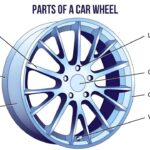When a car company faces bankruptcy, many questions arise, not least for the owners of their vehicles. A primary concern is the availability of spare parts. Do Car Companies Have To Stock Parts In Bankruptcies? The story of DeLorean Motor Company offers a compelling case study into this complex issue and how aftermarket solutions can emerge when original manufacturers falter.
The original DeLorean Motor Company, famed for its iconic stainless steel sports car, filed for bankruptcy in 1982. This left approximately 9,000 DeLorean owners in a precarious position. Warranty work became difficult to obtain, and dealers struggled to source service parts amidst the company’s collapse. The immediate aftermath of the bankruptcy highlighted a critical question: what happens to parts supply when a car manufacturer goes under?
Shortly after the DeLorean factory liquidation in 1983, a company in Ohio recognized an opportunity. They acquired the remaining inventory of parts, tooling, engineering drawings, and company documents. This proactive move aimed to address the growing needs of DeLorean owners and service centers desperate for parts. Further acquisitions of parts from original DeLorean suppliers, who were left with excess inventory, followed. This demonstrated an early, market-driven solution to the parts shortage created by the bankruptcy.
The DeLorean One facility in Houston, Texas, circa 1990, showcasing its commitment to DeLorean parts and service.
Enter Stephen Wynne, a British car specialist who ran an independent auto service facility. When approached by a DeLorean owner needing repairs, Wynne quickly identified familiar Renault and other common components. Word spread among Southern California DeLorean owners: reliable service was once again available. This grassroots demand underscored the necessity for parts and service continuity, even after a manufacturer’s bankruptcy.
In 1985, Wynne partnered with a DeLorean owner to form DeLorean One, a mail-order parts and service company. By 1988, a second location opened in Houston, Texas, serving a growing customer base across the Sunbelt and the central United States. This expansion highlighted the increasing demand for DeLorean parts and specialized service, directly resulting from the original company’s demise and the subsequent parts scarcity.
In 1995, the partnership dissolved, and Stephen Wynne retained the Houston location, renaming it “DeLorean Motor Company” (DMC). Two years later, in 1997, a pivotal moment occurred: DMC acquired the remaining Ohio inventory, exclusive distribution rights, tooling, engineering drawings, and company records. This consolidation solidified DMC as the primary source for DeLorean parts worldwide, a direct consequence of capitalizing on the parts vacuum left by the bankruptcy.
The purpose-built DeLorean Motor Company facility in Houston, completed in 2002, houses a vast inventory of parts and a full-service restoration center.
In 2001/2002, DMC built a new, larger facility in Houston and consolidated all parts inventory there. Today, DeLorean Motor Company operates from a 40,000 square foot facility, housing over 3.5 million parts. They offer New Original Stock (NOS) parts from the original factory, Original Equipment Manufacturer (OEM) replacement parts, and Reproduction parts to ensure comprehensive coverage. This proactive approach ensures that approximately 80% of the original DeLorean parts are available as NOS, alongside a growing line of reproduction components addressing parts no longer available elsewhere.
Inside the DeLorean Motor Company service department, technicians work on DeLoreans, utilizing NOS, OEM, and reproduction parts to maintain and restore these classic vehicles.
While car companies may not be legally obligated to stock parts indefinitely after bankruptcy, the DeLorean story illustrates the critical market need for continued parts availability. The emergence of DeLorean Motor Company demonstrates how entrepreneurial ventures can step in to fill this gap, ensuring owners can maintain and enjoy their vehicles long after the original manufacturer’s challenges. DMC’s success underscores that while legal mandates may be absent, market demand and brand legacy often drive solutions to the question of parts availability in bankruptcies. For DeLorean owners, the answer to “do car companies have to stock parts in bankruptcies?” is perhaps less relevant than the reality that dedicated suppliers have risen to meet their needs, ensuring the dream of owning a DeLorean remains viable.

